SUMMARY
This is AI generated summarization, which may have errors. For context, always refer to the full article.

MAGUINDANAO DEL SUR, Philippines – Indigenous peoples (IP) groups in the Bangsamoro Autonomous Region in Muslim Mindanao (BARMM) have come together to form their own political party, aiming to secure more seats in the region’s parliament in the 2025 elections.
Some 2,000 members of various IP groups gathered for the regional congress of the Indigenous People’s Democratic Party (IPDP) in Romangaob, South Upi, Maguindanao del Sur, on Wednesday, May 22. The gathering was a prerequisite for the party’s registration with the Bangsamoro Electoral Office (BEO) ahead of the first parliamentary elections in BARMM.
The BARMM regional government recognizes several indigenous tribes in the region, including the Teduray, Lambangian, Dulangan Manobo, Erumanun Ne Menuvu, Higaonon, Blaan, Sama Dilaut, Sama Jama Mapun, Sama Bangingi, and Sama Pangutaran.
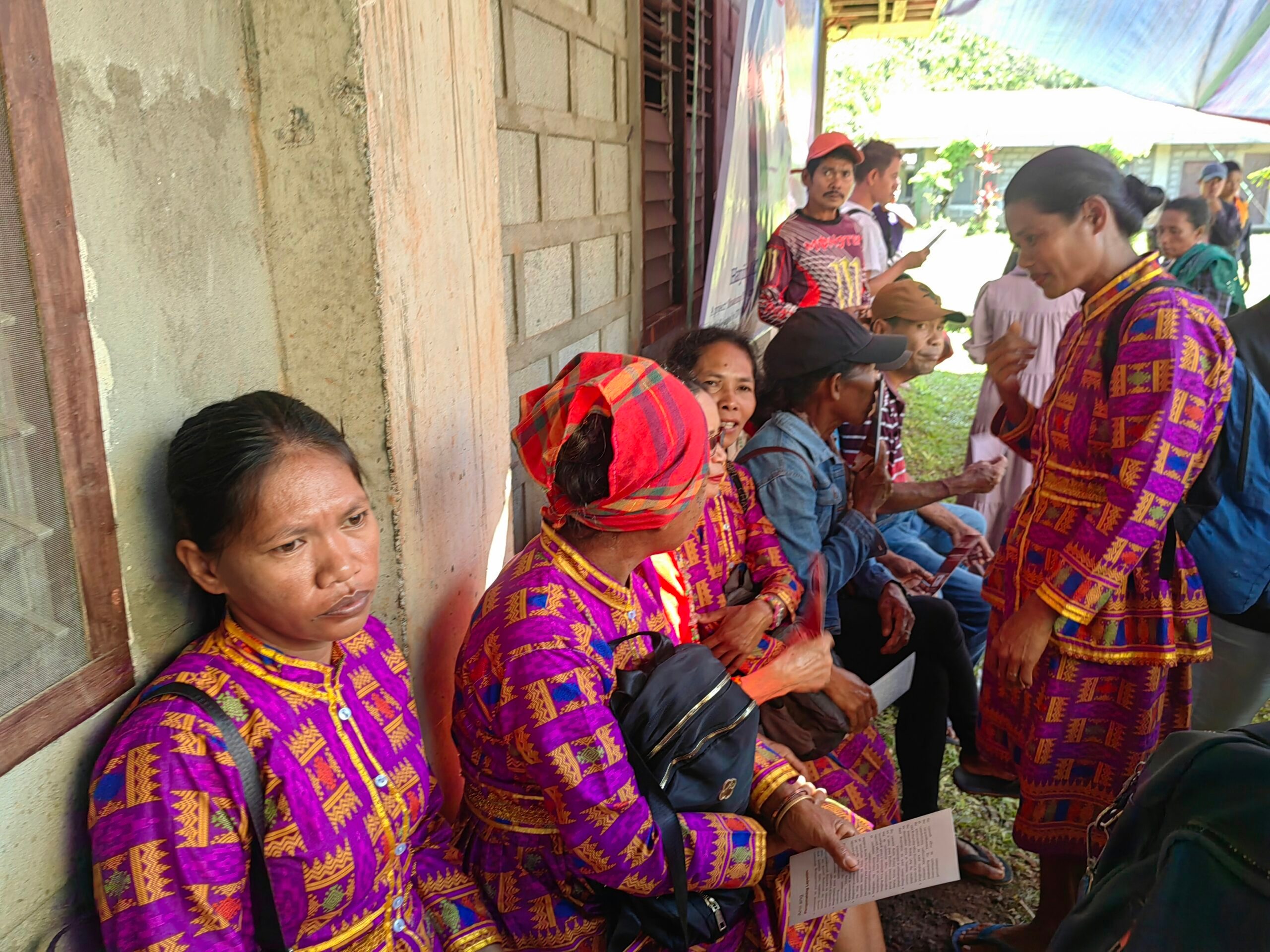
Froilyn Mendoza, a Teduray who serves in the BARMM parliament, said the region’s IPs are asserting their right to proper representation in the regional government.
“Hindi na kami pang ayuda lang, pamparami tao tuwing kailangan nila ng boto sa halalan. Nais din namin ang isang tunay na representasyon sa isang demokratikong adhikain para sa mga katutubo,” said Mendoza, the leader of the IPDP.
(We are not just for aid distribution, to be used as a crowd whenever they need votes during elections. We also want genuine representation in the democratic pursuit for the indigenous peoples.)
Said Ampang, a Sama tribal chief from Basilan, expressed frustration that tribal groups are often stereotyped as always needing dole-outs from the government.
Among the key advocacies of IPDP are the institutionalized recognition, respect, protection, and development of indigenous practices and knowledge, ancestral domains, equal opportunity in governance, the establishment of a tribal justice system, schools of living traditions, human rights, and environmental protection.
“We cannot fairly exercise our rights; we want full recognition of the presence of our Indigenous Peoples Mandatory Representative in every local government unit,” said Richel Kinubay, a Higaonon tribal woman leader from Wao, Lanao del Sur.
Another tribal leader, Wilber Saliling, a Erumanun Ne Menuvu tribal chief from Cotabato province, added, “We want to exercise our right to vote without being threatened or bought at election time. This is our moment, and we must stand firm now.”
Mendoza acknowledged the challenges of running a political party with limited resources and a few dedicated volunteers, unlike larger political parties.
“It’s a gargantuan challenge, but our elders told us that what is important is we have tried to stand up on our own, win or lose,” Mendoza said.
Deonato Mokudef, IPDP secretary-general, said they were open to strategic coalitions with other political parties in the BARMM “as long as it is co-equal and aligned with our programs, principles, and vision for genuine peace, sustainable development, and reforms in BARMM.”
The group claims to have at least 18,000 members, with projections that its membership would group to 37,000 before next year’s elections. BARMM has close to two million voters.
The BEO requires a minimum of 10,000 members for a group to be accredited as a political party in the predominantly Muslim region. –Rappler.com
Add a comment
How does this make you feel?
![[OPINION] Clock ticking for MILF leaders for the 2025 BARMM polls](https://www.rappler.com/tachyon/2024/05/tl-2025-barmm-election.jpg?resize=257%2C257&crop_strategy=attention)
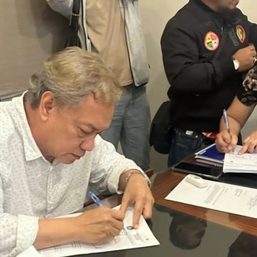
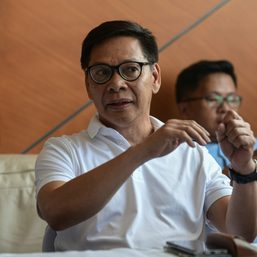
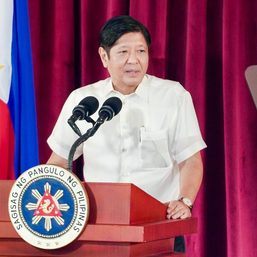








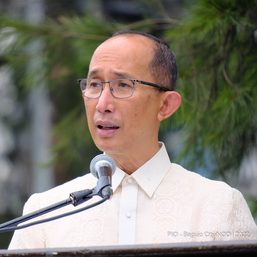
There are no comments yet. Add your comment to start the conversation.